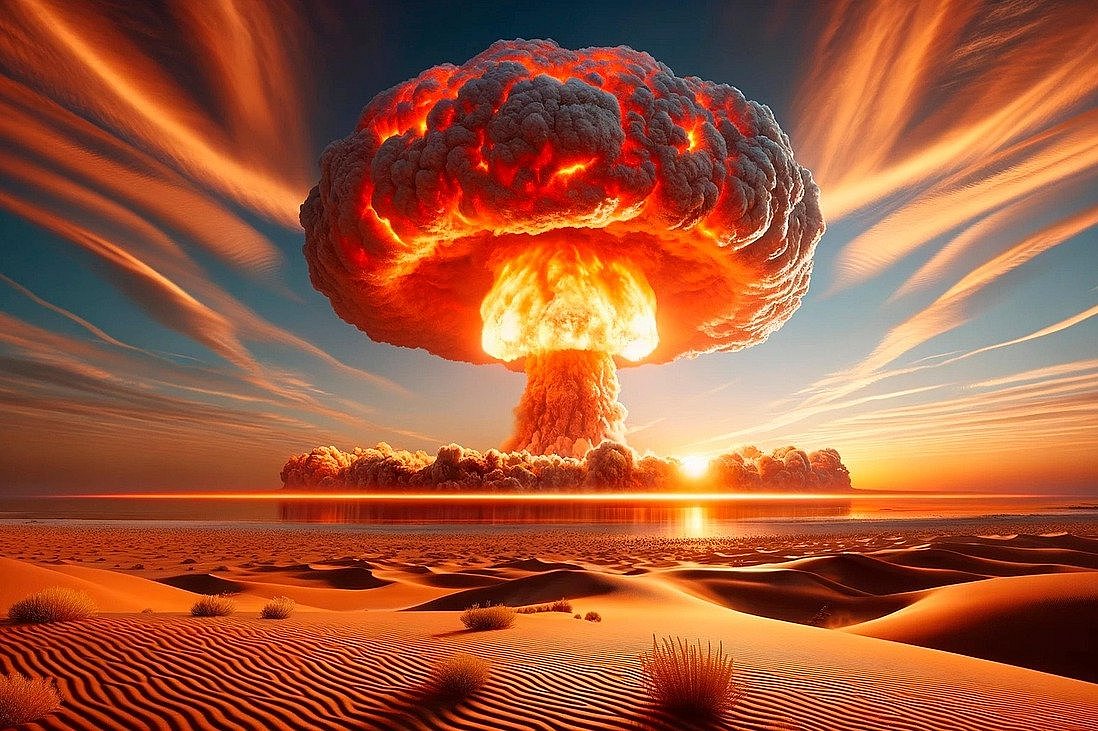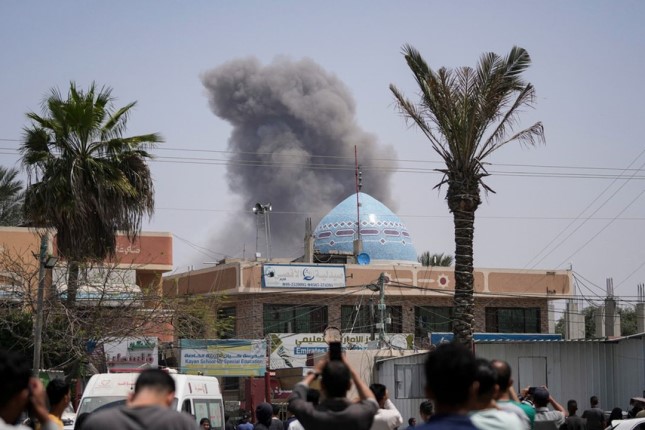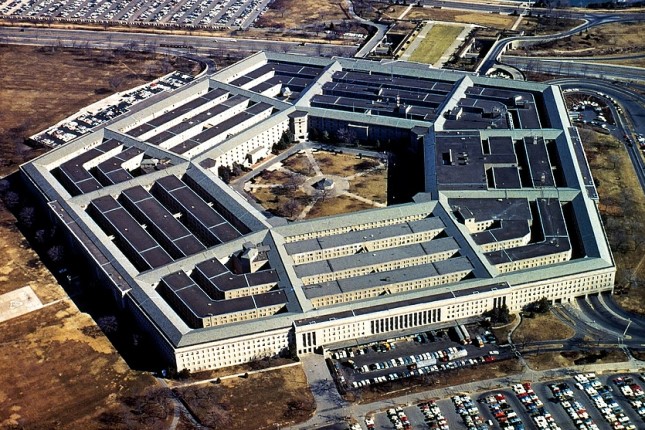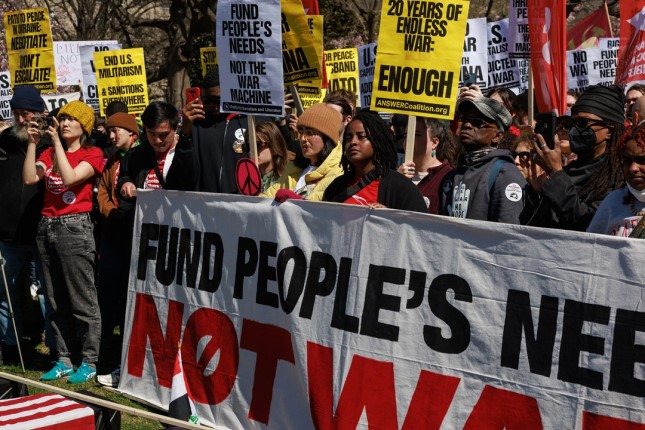On 1 July, China solemnly celebrated the 25th anniversary of its reclaimed sovereignty over Hong Kong. The former British colony peacefully returned to the motherland under the Chinese model of "one country, two systems".
Unprecedentedly harsh verbal attacks from UK and US officials accompanied the celebrations, never before allowed.
British Prime Minister Boris Johnson said the UK was "not giving up on Hong Kong". At the same time, Foreign Secretary and a potential candidate for Prime Minister Liz Truss mentioned the UK's historical responsibility to Hong Kong and its people, saying that London wouldn't rest until the former colony "has its freedoms back". The US followed suit, with Secretary of State Antony Blinken mentioning the "erosion" of Hong Kong's autonomy.
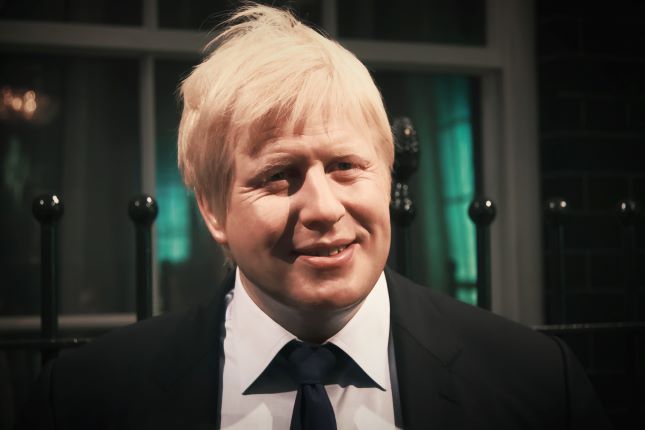
Beijing responded to the attacks with a chain of editorials in state-controlled media, scolding Western imperialism in rugged "Commie-style" language, urging to "better think about Scotland and Northern Ireland", and proclaiming that the West would not be able to "break down China". Such an angry Chinese response to Western provocations is no accident. Tianxia's foes have a chance to crush China by using Hong Kong.
The West has repeatedly accused China of limiting rights and liberties in Hong Kong, a former British colony, and Western media openly sympathised with and supported the protesters in recent waves of unrest in Hong Kong. This time, however, they went cumbersome on that. The British Prime Minister and the US Secretary of State have made statements that carry an overtly colonialist undertone. Of course, Britain will not take back Hong Kong; such a crude deadlock with China would be to the disadvantage of the Brits because it would undo decades' worth of building a strategic relationship with Chinese elites. However, the US appears to be preparing for a serious attack on China, while London has to follow US policy.
To engineer a crisis in Hong Kong is the right choice for China’s enemies if they want to hurt it. Hong Kong is an Achilles' heel not just for the People's Republic of China but for the whole of Greater China, also including Chinese diasporas in South East Asian countries. In addition to Hong Kong's economic significance, culture is at play here.

The Chinese, by nature, are big gamblers. Their leaders are very well aware of that, hence their harsh legislation to suppress gambling and gamblers. However, the government did make one concession, allowing the Chinese to gamble in stocks. Moreover, imbuing their decision with the authority of the state and the Communist Party, they encouraged ordinary citizens to gamble in stocks as part of their stated goal to build a moderately prosperous nation.
So, millions of peasants, workers, physicians, and teachers are now dependent on the well-being of local (already overheated) stock markets, and many of their population shares are traded in Hong Kong. Coupled with their love of gambling, the Chinese people's trust in their government brought them to the stock market. A destabilised Hong Kong, the end of the city's and its stock markets' well-being, and a sharp fall in indices will mean a heavy shock for dozens of millions of players and hundreds of millions of households across China and the diaspora whose savings depend on market quotations. More than a financial shock, this would seriously undermine the trust in the Communist authorities, who had directly encouraged the masses to gamble in stocks.
A large-scale, global economic and stocks crisis and the implosion of Chinese bubbles, the real estate bubble alone is estimated to cost $300 bln, against destabilisation in Hong Kong may lead to a much worsened social situation in mainland China and an aggravated alienation between the people and the elites, endangering China's economic and military potential. According to the British media's estimate, every fifth resident of Hong Kong is considering emigration. This will make it easier for the Western allies to launch a military campaign against China, should they deem it necessary.
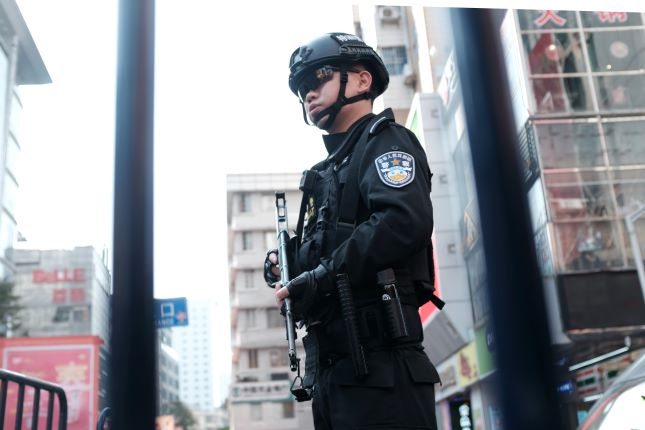
China's military might and its influence in the world are much overestimated. Experts and analysts tend to look at formal parameters which, granted, are impressive: the number and class of modern warships, submarines, missiles, aircraft, the condition of artillery, etc.
However, in addition to the facts and figures, it is worthwhile to study China's military history; if you do so, trends will surface that are not flattering. Even when existential military threats were present, China never used its large armed forces to wage war, instead using no more than one-tenth of them to cope with grave threats endangering the country's existence. Thus, the British-inspired Muslim insurgency in the first third of the 20th century could march as far as Beijing, passing through territories populated by Chinese Muslims. The Mujahideen were contained primarily by joint forces of the Red Army and former White Russians. Until recently, China didn’t celebrate 3 September, when Japan was defeated, and World War II ended because the Red Army crushed the Japanese with practically no involvement of Guomindang or Communists. They preferred to clash with each other.
Given a large-scale domestic crisis caused by the bursting market bubbles, the Chinese armed forces may turn out much less combat-ready than anyone would think. The fire-breathing dragon may indeed be a paper dragon. China's powerful navy tends not to venture far from its shores. China's armies haven't shown much valiance in clashes with the Soviets, Vietnamese, or Indians. On the other hand, the Anglo-Saxons, Japanese, and even Europeans have a lot of experience fighting the vast country and its innumerable armies with little losses. Beijing is well aware of that, so they react nervously to anything concerning Hong Kong.





















